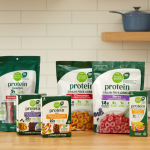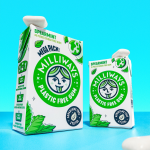New Barn Sells to NestFresh
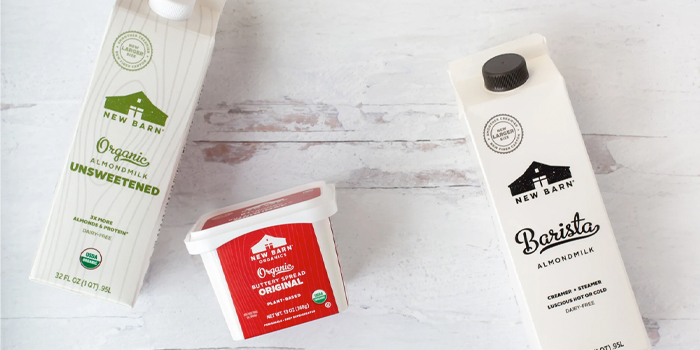
New Barn Organics didn’t buy the farm, it sold it. The company revealed today it had sold its assets to egg producer NestFresh earlier this quarter. It’s a move that will allow the two companies to offer retailers — and consumers — a larger suite of fresh items and hopefully offer New Barn’s shareholders a greater financial upside.
Founded in 2015, New Barn began with a small line of organic almond milk, which eventually grew to include a barista version, a non-dairy Buttery Spread and New Barn branded heritage eggs — which are a collaboration with NestFresh.
Now owned by Tim Luberski, NestFresh was started as a family-owned business in 1991. The company, which sources from small farms across the country, produces shell eggs, hard cooked eggs and liquid eggs in pasture raised, organic, non-GMO verified and soy-free varieties.
New Barn previously raised $3.75 million in 2018, in a round led by New Food SPV, an investment company created to serve as a funding arm for the company and created by New Barn CEO and chairman Ted Robb, with Almanac Ventures also taking part. An October 2018 SEC form for the round noted the company had an “estimated $15 million pre-money valuation.” In total, the company raised just over $5.5 million.
Though New Barn saw rapid growth, Robb said, the company has struggled with supply chain and operational issues. The brand tried to become an all encompassing vegan creamery, launching — and subsequently sunsetting — frozen desserts, coffee beans, cold brew coffee, coconut milk and almond based dips. As a result of this uneven growth, in December 2019 the company decided that it would scale back to focus on West Coast retailers, reducing its footprint by over 2,000 stores nationwide. There was a plan to also layer in food service accounts, but the pandemic quickly put an end to that goal.
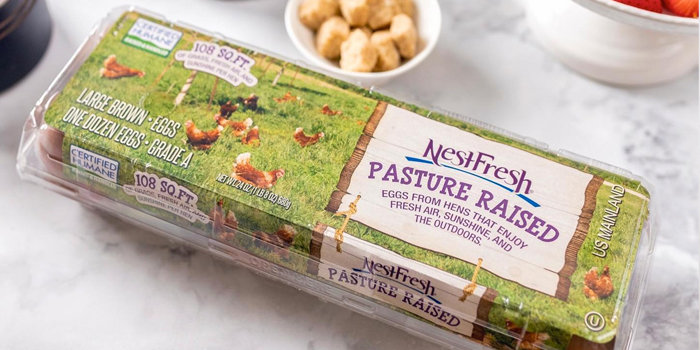
Ultimately, Robb said, the company “just never could quite get our feet under us” and decided to use last year’s reset to look for a partner that could help it expand strategically. In early 2020 NestFresh — which had previously supplied the eggs used in New Barn’s ice cream — approached the company about licensing the brand for a line of regenerative organic certified eggs. It was those discussions that eventually led to the current deal, Robb said. Though New Barn spoke to private equity firms, and considered simply raising more capital, ultimately a larger partnership seemed like the best path forward.
“For me, raising capital and trying to manage all of that plus expanding — it was just so much to do as a little business,” Robb said. “NestFresh has a whole team and infrastructure and trucks and cold storage and all the things we were always having to hold together.”
The deal has an unusual structure. Though NestFresh acquired the assets of New Barn — which includes the brand, recipes, products and customer relationships — for an upfront payment, the company itself is still owned by the existing shareholders. However, rather than continuing to make products, New Barn will instead generate capital from an “evergreen” (or perpetual) royalty paid to the company by NestFresh for every product sold. If the company eventually sells again, the shareholders would see returns.
“We formulated a deal around a long term win and that looks like either New Barn grows back to scale and our shareholders benefited from an evergreen royalty or someone comes along and says ‘we’ve got to have this brand,’ we all agree to sell it and there’s some upside,” Robb said.
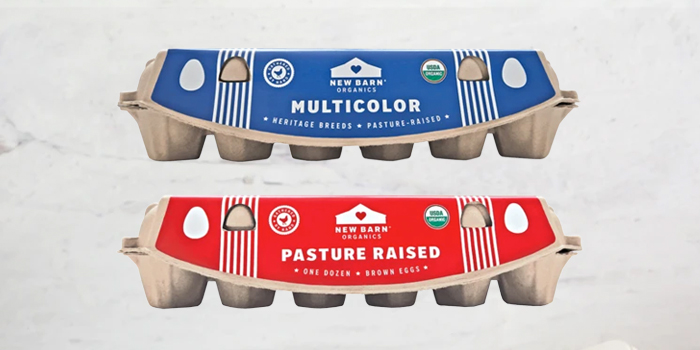
Moving forward, NestFresh’s sales team will also represent New Barn — the two also share a broker in Presence Marketing. Robb himself will remain with NestFresh for at least a year and continue to assist with innovation, which may include bringing back some of New Barn’s previously discontinued products. He added that a move beyond almonds and new branding will also be forthcoming.
The deal comes at a unique time for egg brands. On one hand, the IPO of Vital Farms in 2020 has shown the financial community that there’s a possible upside in what was a commoditized section of the store and that consumers are looking for brands to connect with. With this potential in mind, for example, Butterfly just recently acquired the Pete and Gerry’s brand.
At the same time, as more and more plant-based eggs come into market, egg companies are investing more into branding and innovation — launching more snackable egg items — or looking to acquisitions. To that end, last year Egg Innovations acquired the Peckish line of eggs (and subsequently saw Sonoma Brands invest back into the parent company) as part of an effort to move further into premium and branded products.
Though some might question the idea of a plant-based brand coming together with a line of animal-produced proteins, Robb said the move makes sense. He added that while vegans and vegetarians are a growing segment of the population, for most people New Barn is part of a flexitarian lifestyle.
“It’s not really [fully] plant-based that people are doing, it’s actually more dairy-free that’s the larger trend, and people who drink almond milk, generally do actually consume a fair amount of dairy,” Robb said. “It’s not weird to have a fridge where you have butter and cheese and almond milk and pasture eggs.”
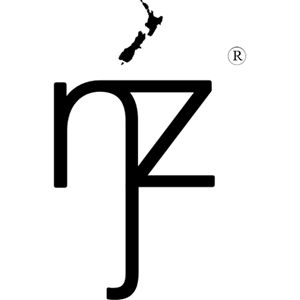
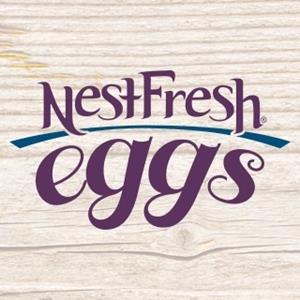

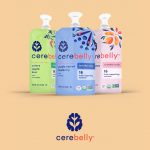
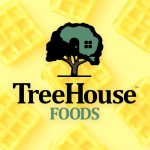











![[Updated] Oats Overnights Secures $45M Investment From Astō](https://d2azl42aua8mom.cloudfront.net/wp-content/uploads/2026/01/29172259/2026-01-29-oats-overnights-secures-45m-in-growth-equity-from-square-150x150.jpg)
